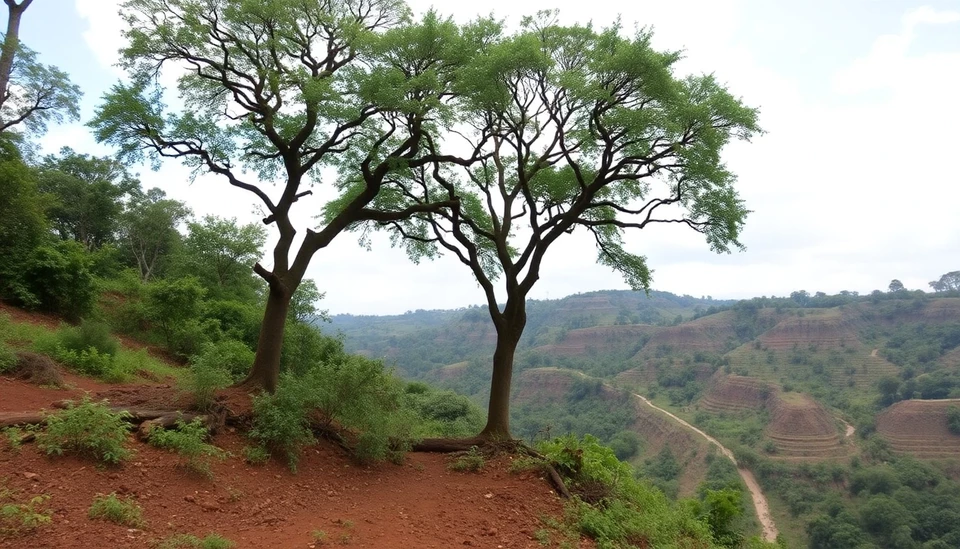
In a significant move, a coalition of 64 non-governmental organizations (NGOs) has called on the European Union (EU) to cancel its mineral trade agreement with Rwanda. This plea arises from escalating tensions connected to the ongoing conflict in the Democratic Republic of the Congo (DRC), which has intensified concerns about human rights violations and resource exploitation in the region.
The NGOs assert that the current mineral pact with Rwanda compromises ethical sourcing standards, particularly given the historical context of violence and exploitation surrounding the mining industries in the DRC. The letter, addressed to top EU officials, emphasizes the need for urgent reassessment of trade relationships that inadvertently support armed conflicts and human rights abuses.
This coalition, which includes prominent advocacy groups focused on human rights, environmental protections, and conflict resolution, argues that Rwanda’s involvement in the conflict and its historical exploitation of Congolese resources should disqualify it from having preferential trade agreements with European nations. The NGOs underscore that the minerals mined in conflict zones contribute significantly to the funding of violence, making it imperative for the EU to re-evaluate its policies.
In their letter, the NGOs highlighted that the EU’s current trade relationship with Rwanda not only undermines efforts to foster peace in the DRC but also sends the wrong message regarding the EU’s commitment to sustainable and ethical sourcing practices. They pointed out that continuing the pact could be interpreted as tacit approval of Rwanda’s role in perpetuating conflict, a situation that has dire repercussions for civilians caught in the crossfire.
The call to action comes at a time when international scrutiny of mineral supply chains has heightened, particularly in relation to so-called "conflict minerals"—those mined in war zones and sold to finance armed groups. As the EU strives to position itself as a leader in ethical trade, the NGOs' plea is seen as a critical moment to enforce stricter regulations on resource extraction.
The war in the DRC, which has leaders from multiple neighboring countries involved, has led to millions of deaths over the past two decades. With ongoing violence and widespread instability in the region, the impact of mineral trade is a pressing concern for human rights advocates. The EU’s response—or lack thereof—to the NGOs’ appeal could have far-reaching implications for future trade relationships, as well as for the humanitarian landscape in Central Africa.
Moving forward, the EU will be under pressure to align its trade policies with its stated commitment to human rights and sustainable development. The outcome of this situation could set a precedent for how trade agreements are structured in the context of ethical sourcing and conflict resolution.
As the dialogue continues, attention will remain focused on the ramifications of this mineral pact and its impact on the DRC’s fractured society. The NGOs' advocacy serves as a reminder of the complex interplay between global trade, human rights, and international cooperation in addressing the root causes of conflict.
With many human rights organizations closely monitoring the situation, the response from the EU will be anticipated not just by policymakers but also by activists and communities in the DRC who directly suffer the consequences of these international decisions.
#MineralPact #Rwanda #CongoWar #HumanRights #EU #ConflictMinerals #NGOAdvocacy #SustainableTrade
Author: Laura Mitchell




